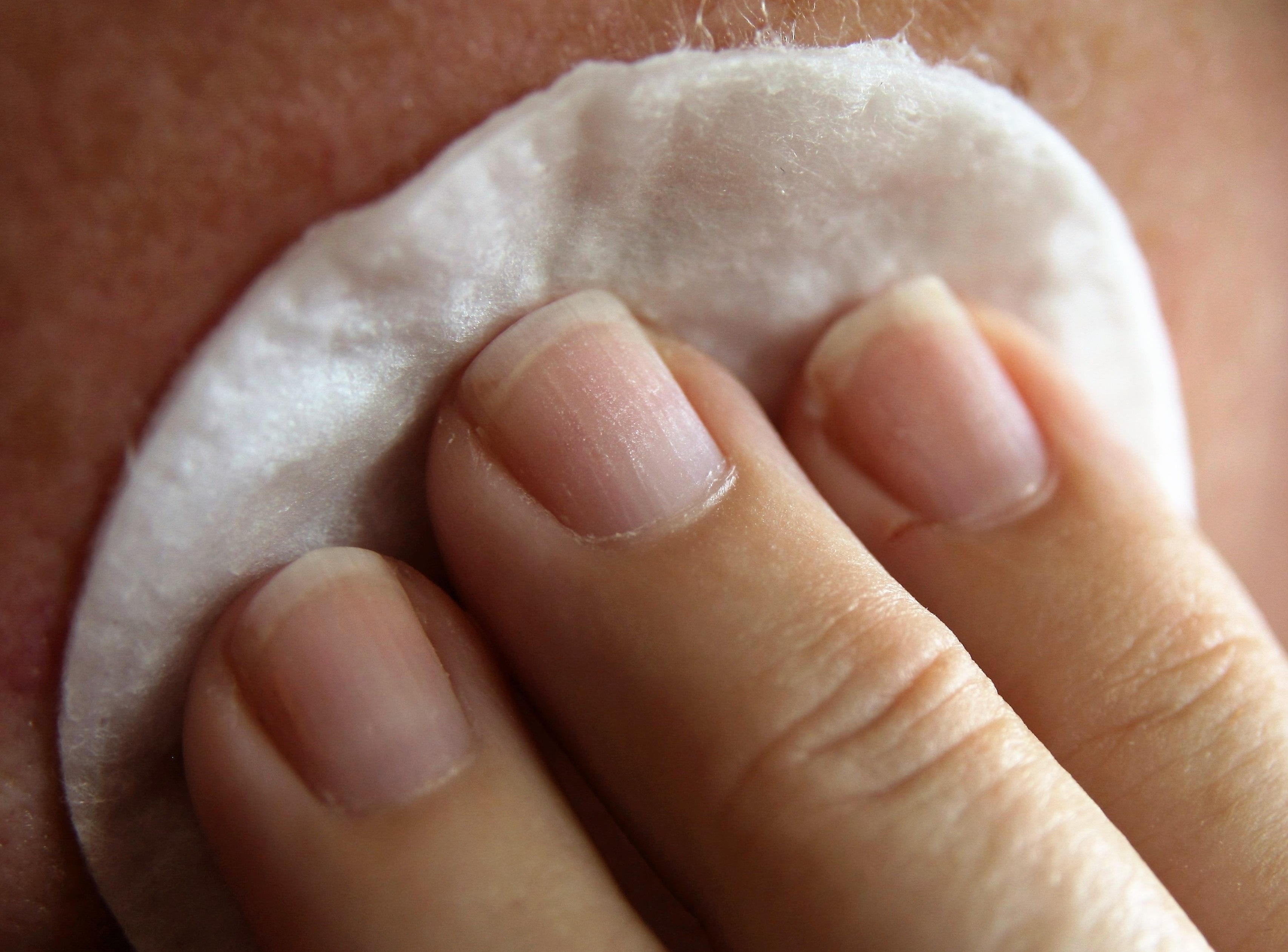November is National Healthy Skin Month according to the American Academy of Dermatology. We asked Wayne State University Assistant Professor of Dermatology Geoffrey Potts, M.D., FAAD, why Michigan residents in particular feel the effects of fall and winter on their skin.
“Weather can be especially brutal to the skin in the fall and winter due to mixture of the wet, cold and windy dry air changing day to day,” Dr. Potts said. “The most important tip to keep skin healthy during this time is to use moisturizer frequently throughout the day.”
Doctor’s tips:
- The best moisturizers are fragrance free and tend to come in jars and tubes rather than pump bottles.
- Look for moisturizers containing dimethicone. They aren’t greasy and don’t sting as much as most creams.
- Apply moisturizer after a lukewarm and short shower or bath.
- Washing hands often can cause drying and cracking of skin, so frequent moisturizer application is important.
- Sleep wearing cotton or jersey gloves to lock in moisture overnight.
- For the face, oil-free moisturizers are better for people with oily or acne-prone skin.
- Cleansers should be fragrance free to avoid skin irritation.
If moisturizers alone are not enough for children or adults with eczema-prone skin, seeing a board-certified dermatologist for prescription cortisone is helpful to treat itchy skin during flare-ups.
What about the sun in fall and winter?
“For those with sun sensitivity, concern about aging of skin or at high risk for skin cancer, sunblocks containing zinc oxide are recommended on all exposed areas. Ultraviolet rays from the sun can still cause damage even on the cloudy days of fall in Michigan,” Dr. Potts said.
- Lip balms containing SPF (sun protection factor) are helpful to avoid chapping lips.
- Avoid highly-flavored lip balms, which can cause or exacerbate allergies.
Inside the home
- Measuring indoor humidity and utilizing stand-alone humidifiers in bedrooms, or whole house humidifiers, can help reduce dry skin and static. Too much humidity indoors, however, can cause condensation and mold.
- Avoid fabric softeners or dryer sheets if you have sensitive skin.